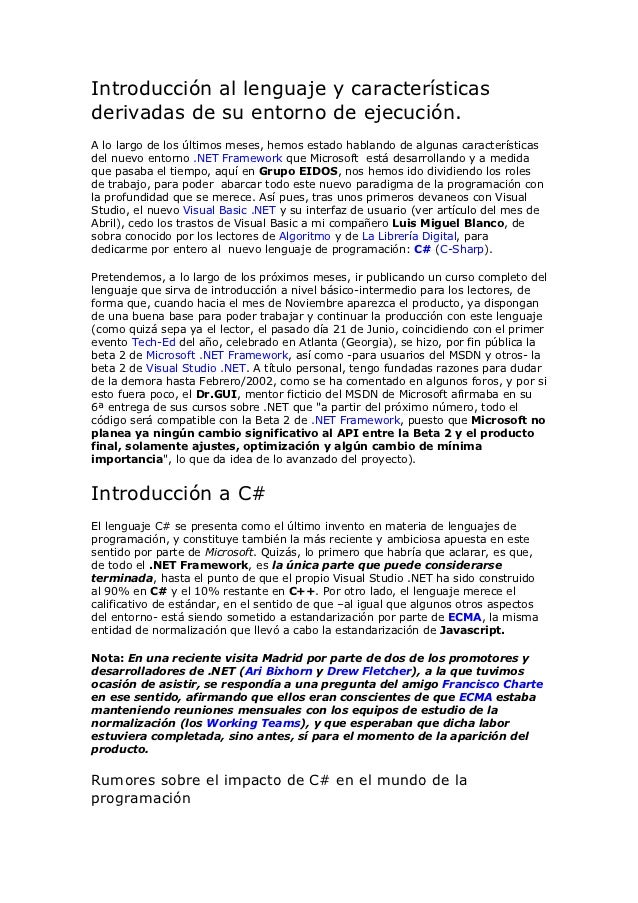Compile C Program In Dose

I have a small program that uses 32bit object file, and i wish to run it under dos operating system. Now, after searching i found DJGPP. Is there a way to use DJGPP. Apr 17, 2014. I am a new Linux user and student who used to write C or C++ programs on MS-Windows. Now, I am using Ubuntu Linux. How can I compile a C or C++ program on Linux operating systems using bash Terminal application? To compile a C or C++ program on any Linux distro such as Ubuntu, Red Hat,.
Command Line C++ Compiling Compiling a C++ Program at the Command Line This page gives some details on how to compile C++ programs at the command line. The standard C++ is called g++. It exists in Unix environments. We have an emulation of it set up in the lab for you that you'll use on Wednesdays; Cygwin is that emulator. ( at the bottom.) I'll write these directions assuming you're working there, but they translate easily to Unix enviroments, including the Terminal on Mac OS X.
While the instructions for the first lab suggest just creating a folder on the desktop for programs, you are encouraged to get a flash drive and save your programs there. You'll need to use Windows Explorer to find out the drive letter for your flash drive. In these directions, I'll pretend that drive is called Z: and you have a folder called cpp on it. Here are tips for coding and compiling: • Use Notepad or Notepad++ to do your coding.
If you save your file with a '.cpp' extension, Notepad++ will do syntax coloring for you. • Launch Cygwin from the desktop of the lab machines. • I recommend that you have a Notepad(++) window, s caled to a reasonable width (i.e., Z.
The prompt would then change to Z:. • Use the cd command, followed by a directory name, to change directories, e.g. Z: >cd cpp which will turn the prompt into Z: cpp. • The command g++ -c [ source file].cpp produces object file [source file].o. • The command g++ -o [ executable file] [object file].o produces object file [executable]. Note that you can list as many object files as you like.
• If you have just one source file, you can do it all at once with the command g++ -o [ executable file] [source file].cpp. • To run an executable, just type its name at the command prompt.
• Here are some examples: • Compiling'hello.cpp' into executable 'hello.exe' in one step and running it: • Z: cpp>g++ -o hello.exe hello.cpp • Z: cpp>hello.exe • Hello, World! • Compiling'hello.cpp' into executable 'hello.exe' in one step and running it: • Z: cpp>g++ -c hello.cpp • Z: cpp>g++ -o hello.exe hello.o • Z: cpp>hello.exe • Hello, World! • (This part is beyond the scope of what we'll do in 107, but I inlcude for completeness.) Compiling a class whose interface is in 'bankAccount.h,' whose implementation is 'bankAccount.cpp,' and with a test driver or UI 'tester.cpp' into executable 'tester.exe' and running it: • Z: cpp>g++ -c bankAccount.cpp • Z: cpp>g++ -c tester.cpp • Z: cpp>g++ -o tester.exe tester.o bankAccount.o • Z: cpp>tester.exe • Hello, World! • (Notice that you don't need to compile the '.h' file; compiling the corresponding '.cpp' file will do that for you. Also, note that among all the '. Biblia Illumina Gratis Para Pc. o' files that were compiled into 'tester.exe,' only one of the corresponding source files had a 'main' function. That's important because when you run an executable, the 'main' function is where the execution starts and there can only be one. Finally, note that if you change a source file, you only need to recompile the source file you changed (unless something else depends on a change).) Enjoy!